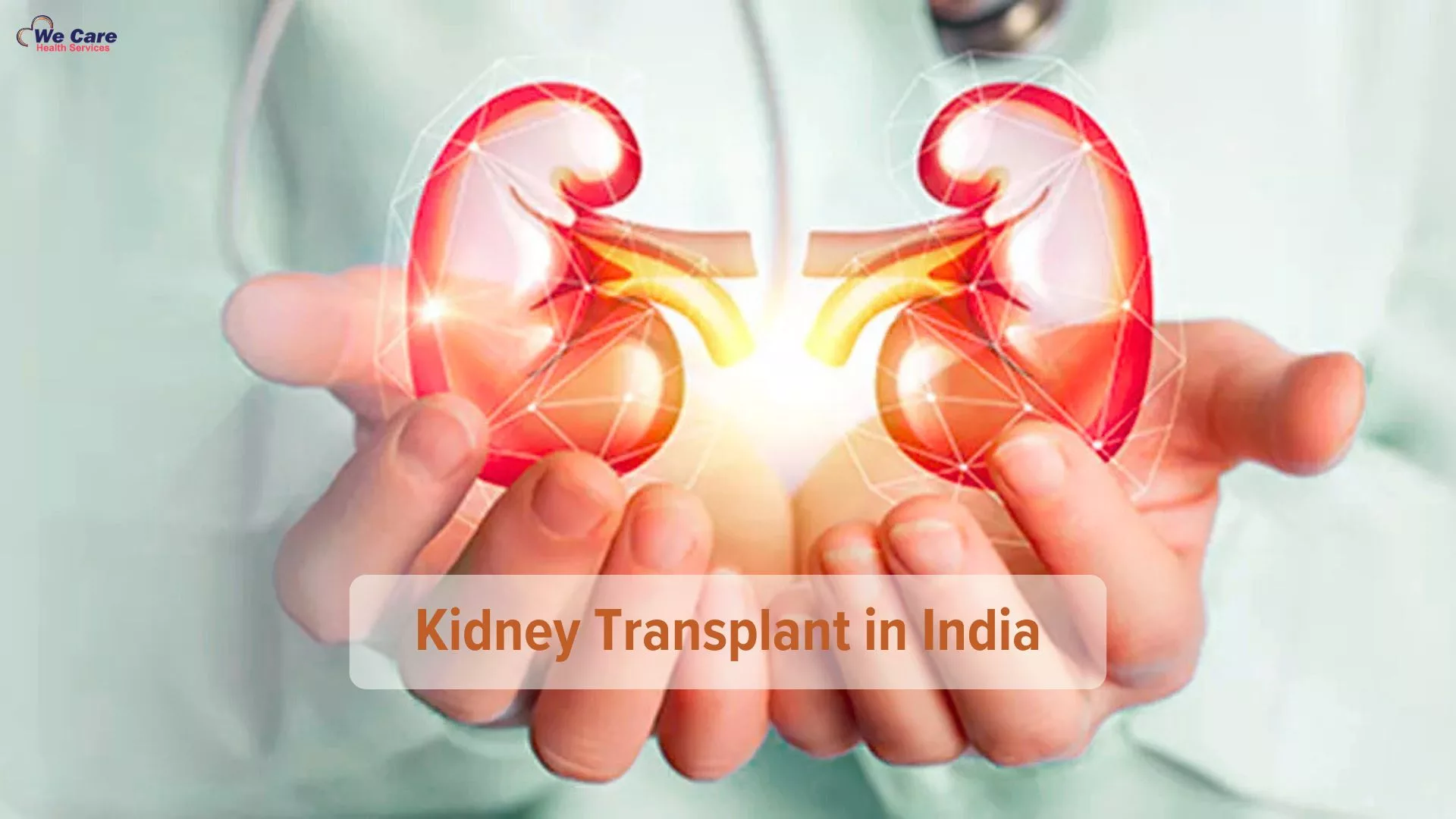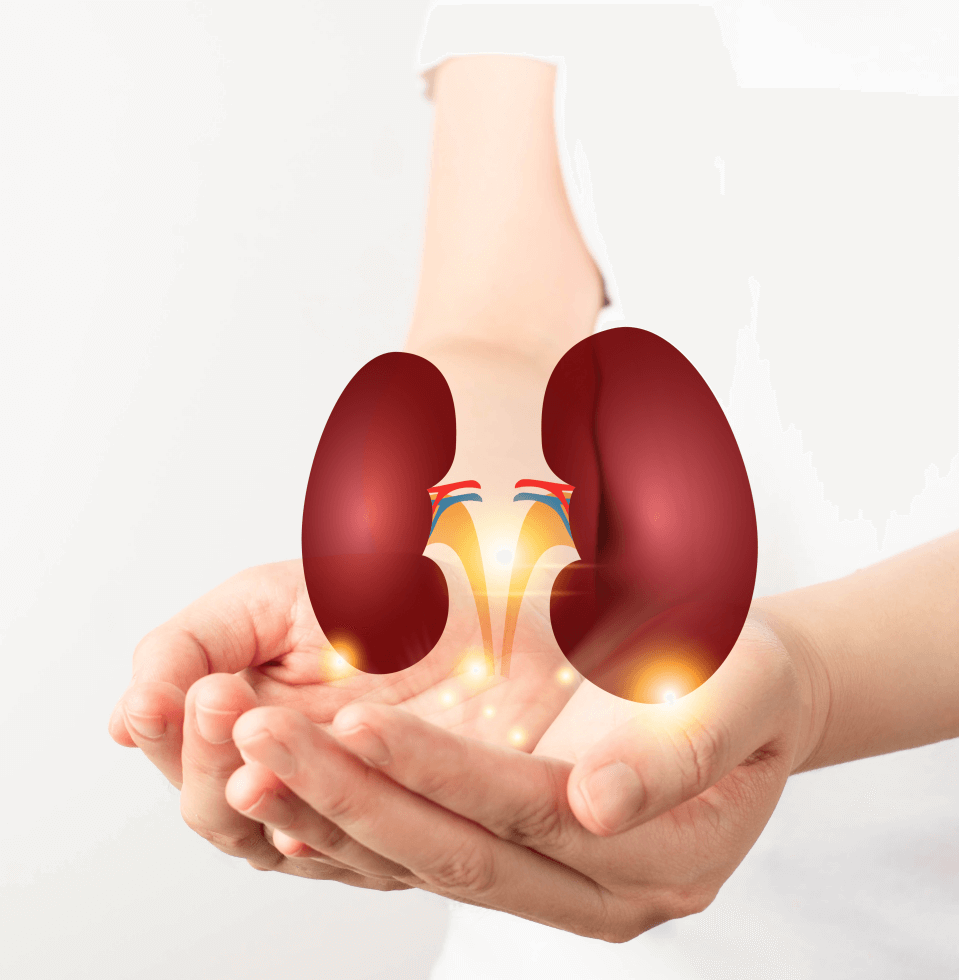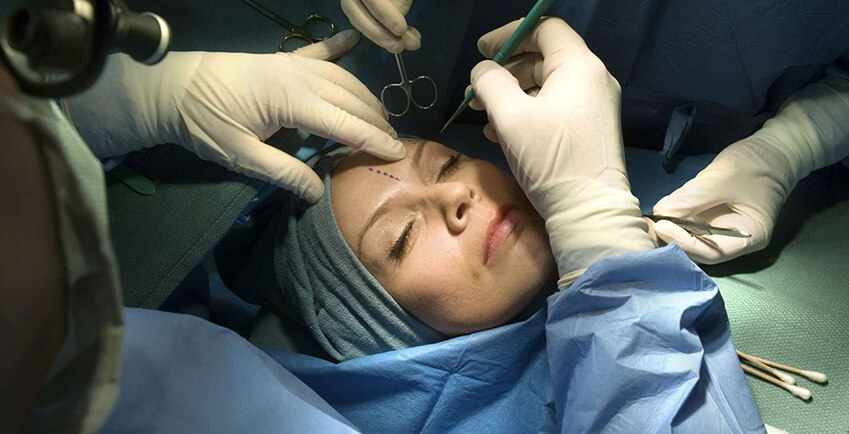How do surgeons perform kidney transplant India?

When the surgeon determines that the patient and donor are both deemed suitable after all the thorough testing has been finished. After that, the surgeon will choose a date for the procedure. The kidney is often positioned retroperitoneally after the surgeon makes a 12–15 cm incision in the right iliac fossa. The external iliac vein is connected to the renal artery, and the internal or external iliac artery is connected to the vein. Over the stent, the bladder and ureter are connected. Usually, the entire process takes three to four hours. The following are essential milestones in the kidney transplant India process:
• Donor Kidney Removal: When a living donor transplant is performed, the donor's healthy kidney is surgically removed either openly or with less invasive methods. The kidney is extracted from the deceased donor in transplants involving deceased donors.
• Preparation of the Recipient: The recipient is prepared by creating an incision to reach the abdomen region and inducing anesthesia.
• Kidney Implantation: The donor kidney is placed inside the recipient's pelvis and is attached to the recipient's ureter, renal artery, and vein. The recipient's bladder and ureter are connected to allow for urine outflow.
• Closure: The surgical team closes the wound following confirmation of proper function and the absence of complications.
The family must realize that the kidney transplant team in India is taking on a great deal of responsibility and is being extremely cautious. In the greater interest of the patient, they may decide to postpone the transplant if they are unhappy with any of the reports.
What is India's success rate for kidney transplants?
The kidney transplant success rate in India is 90–95% if recipients survive for a year after receiving donor-related kidneys. There is a reasonable probability that the transplant will continue to function considerably longer if it performs well during the first year. Many patients who received kidney transplants 15–20 years ago are still alive and leading everyday lives because of working grafts. Eighty per cent of patients still have normal kidney function after five years, and forty to fifty per cent do so for ten years. Twenty per cent of patients still have a functional transplant after that time. If the initial kidney transplant in India is unsuccessful, a second one is possible and could be successful. It is also conceivable for a third or fourth transplant to be effective.
What are the requirements for kidney transplant in India for foreigners?
When determining the eligibility for a kidney transplant in India for foreigners, a thorough evaluation of the patient's medical background, general health, and transplant readiness is required. The majority of dialysis patients with irreversible renal failure may be eligible for transplantation. Dialysis might be a better course of treatment for those with other serious medical conditions, such as severe heart and vascular illnesses, where transplantation risk may be higher. Some people don't want to have a transplant since they are content with their dialysis treatment. Before making a choice, patients should speak with their physician and the transplant coordinator about their medical fitness. Typical criteria taken into account while determining eligibility include:
• Renal Function: People looking for a kidney transplant India must have end-stage renal disease (ESRD), which is indicated by a marked decline in kidney function. Laboratory tests that measure creatinine levels and glomerular filtration rate (GFR) aid in assessing the severity of renal failure.
• Age: Although age is considered, there is no set age restriction for kidney transplantation. To ensure elderly patients can endure the process and reap the benefits, transplant clinics evaluate their general health and fitness.
• Immunological Compatibility: Immunological tests are conducted to determine whether a candidate is compatible with possible donor organs, including tissue and blood type compatibility.
How to manage the patient's diet for a kidney transplant India?
To plan a patient's diet for kidney transplant India chronic renal failure, five essential components must be included. They are protein, sodium, potassium (salts), phosphorus, and fluid (water).
Limiting the amount of drinking water, fruit juices, milk products, salt, egg, meat, fish, spinach, fruits, dried fruits, sauces, pickles, squashes, alcohol, honey, and soft drinks is an essential requirement. Patients can get all the information they need about their diet and any restrictions they may need to adhere to from the We Care Health Services clinic's dietary section.
What is the kidney transplant cost in India?
The kidney transplant cost in India is between $13,000 and USD 24,000.
The therapy costs $13,000 if the patient's blood group matches the donors. However, the cost rises to $24,000 due to the additional tests needed if the patient's and the donor's blood type do not match.
Why do people choose We Care Health Services for kidney transplant India?
We Care Health Services is India's most reputable kidney transplant facility because of the following qualities:
• Proficient Transplant Team: This hospital's kidney transplant team includes some of the most well-known transplant surgeons, nephrologists, anesthetists, and support personnel with extensive kidney transplantation experience and demonstrated proficiency in their specialties.
• Innovative Technology: This hospital features state-of-the-art infrastructure and cutting-edge technologies for kidney transplantation. To guarantee that patients at this hospital receive the most excellent treatment possible, the facility includes state-of-the-art operating rooms, sophisticated imaging capabilities, and a specialized intensive care unit.
• Quality Care: Our kidney transplant program is centered on patient safety and quality. From evaluation to post-transplant follow-up, we guarantee the most excellent quality of treatment by adhering to strict international standards.
Conclusion
We Care Health Services is among India's top 10 kidney transplant hospitals. This hospital hires highly qualified and experienced surgeons for kidney transplants in India that allow people to live longer. Also, the kidney transplant cost in India is very reasonable. It is critical to check with individual hospitals in India to receive accurate information on the expenses of kidney transplant procedures. The healthcare provider can provide more thorough and individualized cost estimates based on the patient's medical condition and treatment plan.
Note: IndiBlogHub features both user-submitted and editorial content. We do not verify third-party contributions. Read our Disclaimer and Privacy Policyfor details.






